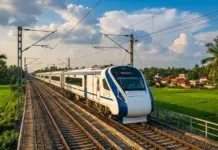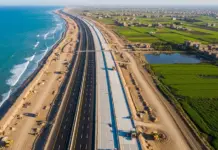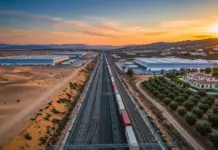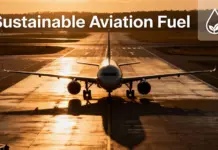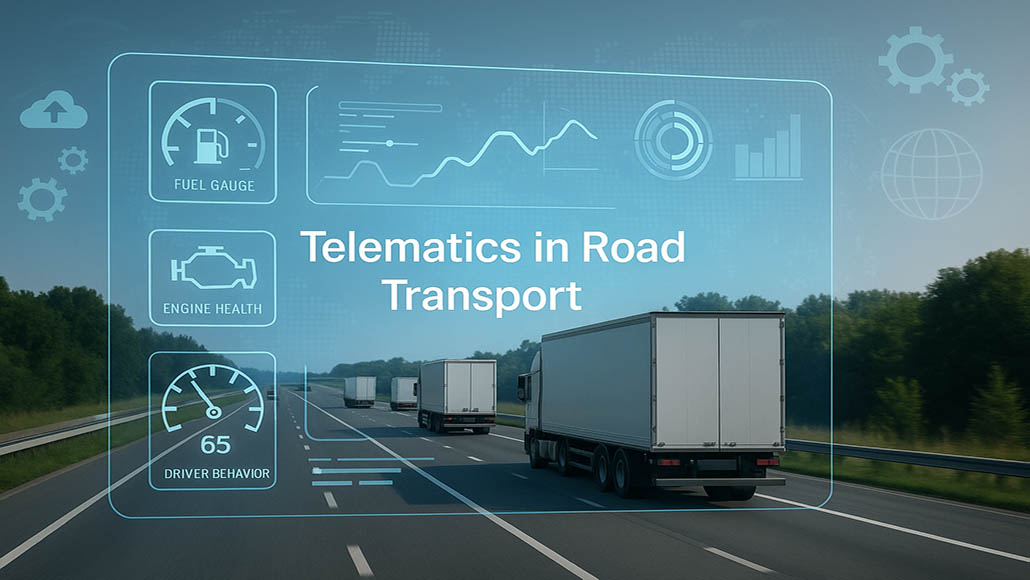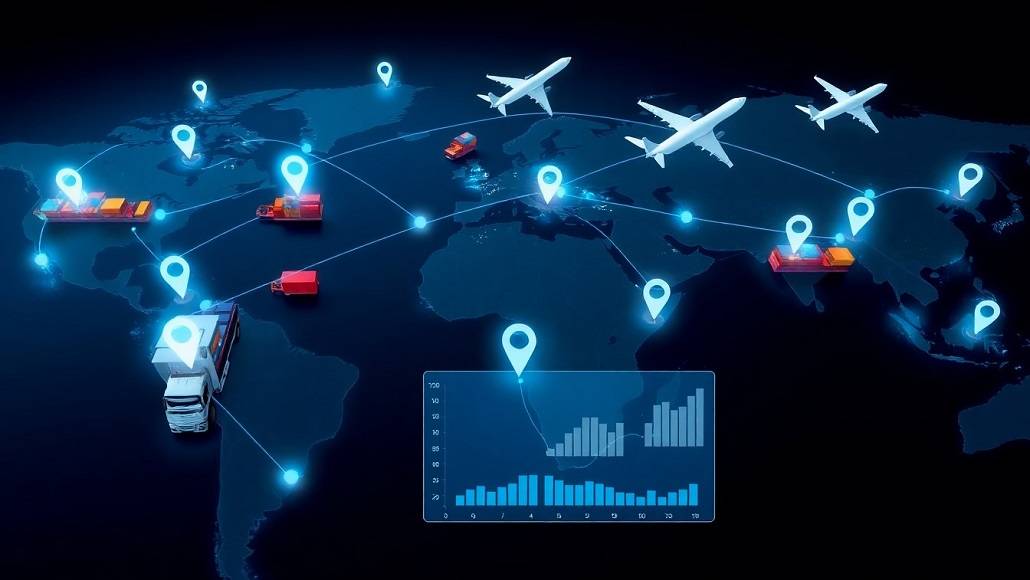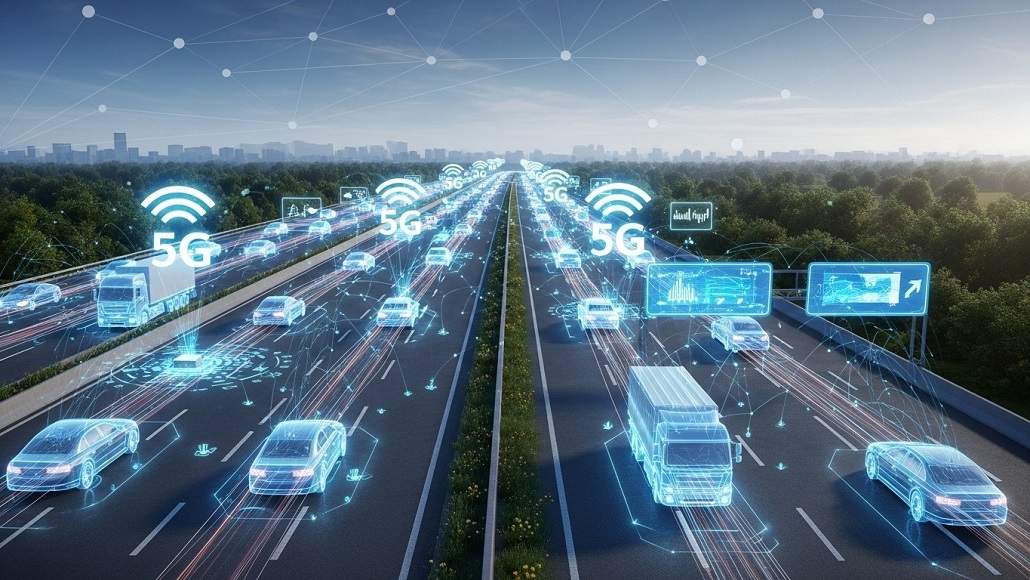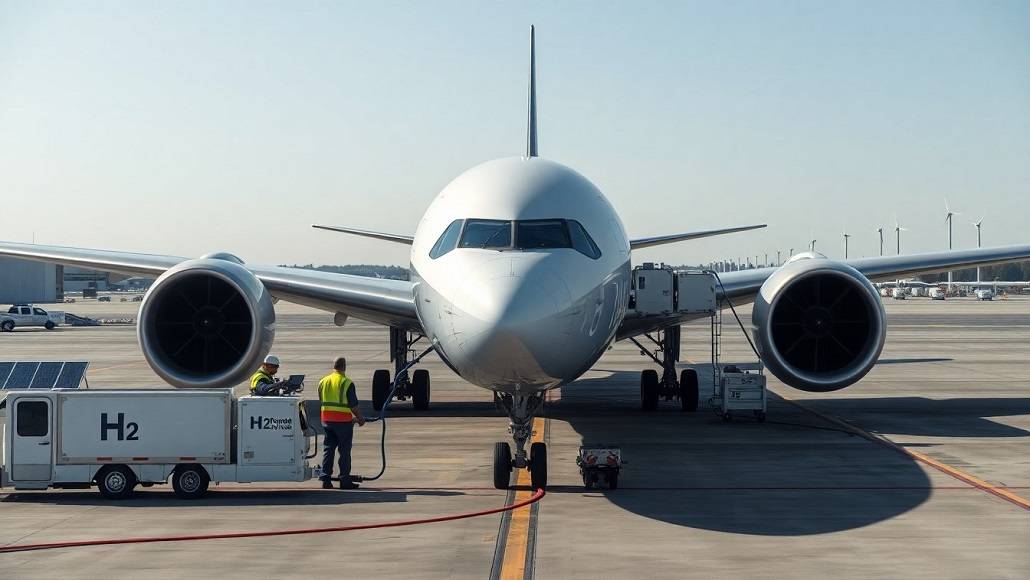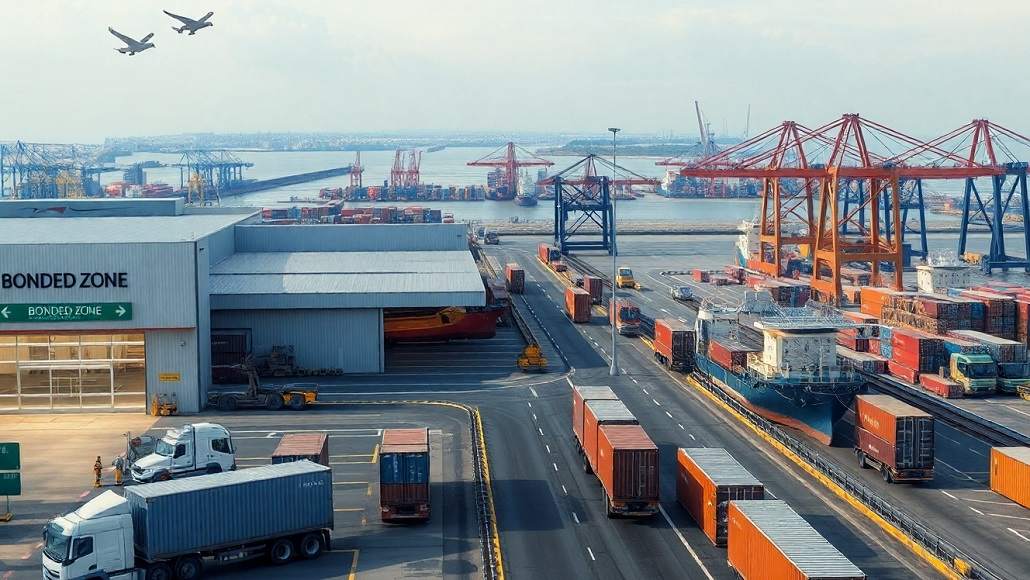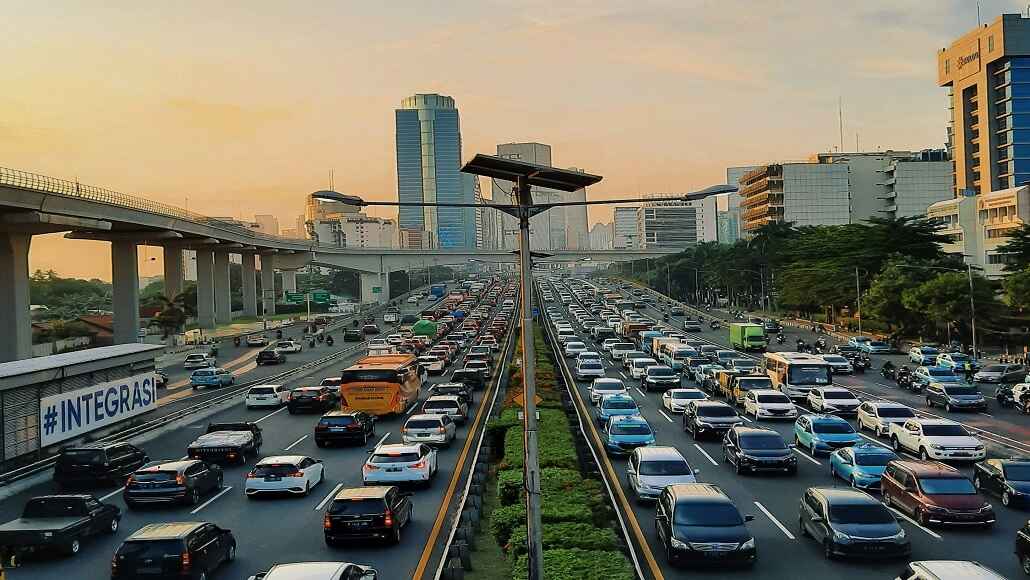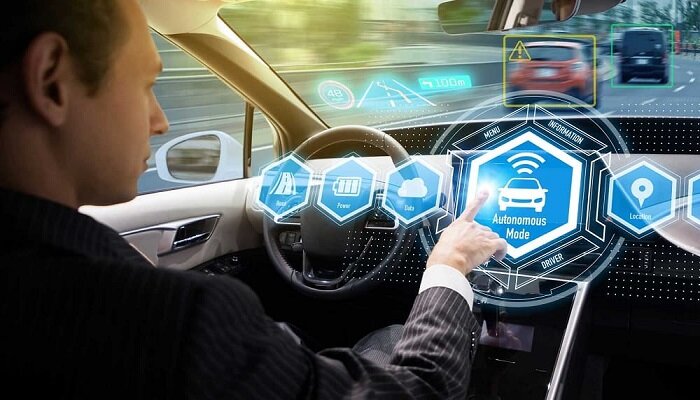It is worth noting that, right from the invention of the wheel to the development of supersonic jets, human transportation has indeed seen a continuous journey of innovation as well as technological progress.
In the 21st century, this evolution has gone on to take a quantum leap forward. What were once considered to be futuristic dreams of science fiction authors are now all set to become reality and also revolutionize global mobility.
Let us deep dive into how technology has transformed the transportation sector, focusing on seven key areas in which modern advancements have gone on to change how people and goods move across the world.
1. Automation within the vehicles
Automation within vehicles, especially through the development of self-driving cars, marks one of the most prominent technological leaps within the gamut of transportation.
This advent stands right in front of the digital transformation when it comes to transportation, thereby representing a paradigm shift in how one goes on to perceive and interact with cars.
Autonomous vehicles- AVs promise enhanced road safety, decreased traffic congestion, and also an increased accessibility when it comes to people with disabilities.
With major organizations like Tesla, Google, and Uber investing heavily in this technology, self-driving cars are going to soon be a common sight on the roads.
The potential advantages of vehicle automation happens to go beyond safety and convenience. It is, as a matter of fact, poised to impact urban planning as well as the environment significantly.
With the embrace of AVs, cities can very well see a decrease in the requirement when it comes to parking spaces, thereby enabling more green spaces or even residential areas.
Moreover, optimizing driving patterns along with the potential for electric autonomous vehicles can go on to reduce greenhouse gas emissions, thereby contributing to the push against climate change.
2. Digitization of the Supply Chain
The digitalization when it comes to the supply chain happens to be a significant transformation when it comes to how goods get shipped worldwide.
Technologies such as IoT, blockchain, and AI enhance efficiency and transparency right from manufacturing to delivery. Real-time monitoring, predictive maintenance, and automated logistics decrease delivery times and costs.
Blockchain technology has been pivotal when it comes to boosting trust as well as security in digital supply chains. Offering transparency along with an unchangeable transaction ledger makes sure that all involved parties get access to accurate and permanent records. This enables us to cut fraud, verify goods, and streamline the customs.
These technological advances go on to mark a new era when it comes to supply chain management, elevating resilience to disruptions while at the same time meeting global economic requirements.
3. Smart Traffic Management
With a surge in urbanization along with the growing number of vehicles on the roads, traffic management has gone on to become an immensely challenging and uphill task.
But technology has entered to alleviate this burden by way of developing smart traffic management systems. These systems can go on to analyze traffic patterns, anticipate congestion hotspots, and optimize traffic flow by way of using real-time data from GPS-enabled devices as well as sensors attached to roads and vehicles.
Smart traffic management advantages go beyond traffic flow and safety. By way of cutting idle times as well as optimizing routes, these systems decrease vehicle emissions and, hence, improve urban air quality.
Data from the smart traffic systems can go on to guide future city planning for efficiency and sustainability. Integrating smart traffic management is indeed critical for greener, more livable urban environments.
4. Hyperloop as well as high-speed rail
Hyperloop and high-speed rail systems have gone on to revolutionize transportation, prominently cutting travel times as compared to traditional methods.
Hyperloop from Elon Musk envisions speeds that touch almost 700 MPH in pressurized pods by way of low-pressure tubes, reducing city-to-city travel times. High-speed rail in countries such as Japan and France offer speeds of more than 200 MPH as a fast, reliable, and eco-friendly air travel choice.
High-speed rail has had a successful track record, while the Hyperloop is still developing, with companies such as Virgin Hyperloop One conducting the tests.
These transportation options could revolutionize travel, elevating connectivity and driving economic growth. In spite of challenges such as costs and infrastructure, integrating advanced transportation technology into the global system can also redefine human movement.
5. Ride-sharing as well as micro-mobility
The growth of ride-sharing services such as Uber and Lyft has gone on to transform how people tend to commute, thereby offering a convenient, affordable, and flexible alternative to the traditional means of transport.
These services make use of digital platforms connecting users with nearby drivers, enabling on-demand transportation sans vehicle ownership.
This trend when it comes to shared mobility has also led to the emergence of micro-mobility solutions like electric scooters as well as bikes, offering sustainable and efficient modes of transportation for short distances in urban areas.
The effect of ride-sharing as well as micro-mobility on the transportation sector goes beyond convenience as well as cost-effectiveness.
These services enable us to alleviate traffic congestion, reduce carbon emissions, and enhance air quality by decreasing the number of private vehicles on the road. They also offer increased accessibility for individuals who may not have access when it comes to private vehicles or public transportation.
As technology continues to advance, one can go on to expect further innovations within shared mobility, leading to seamless as well as sustainable transportation choices.
6. Electric as well as hybrid vehicles
The transition when it comes to electric and hybrid vehicles has been quite a significant game-changer in the transportation industry, pushed by environmental concerns as well as decreasing dependence on fossil fuels.
With more advanced battery technology, electric vehicles have become quite a viable and increasingly popular choice for consumers. These vehicles go on to offer zero emissions and lower functional costs as compared to traditional gasoline-powered cars.
On the other hand, hybrid vehicles, which happen to combine electric as well as gasoline engines, mix the eco-friendliness as well as convenience. As technology continues to enhance, one can expect to witness more electric as well as hybrid options in numerous forms of transportation, right from personal cars to buses as well as even aircraft.
Moreover, adopting electric as well as hybrid vehicles also goes on to pave the way for a future that’s powered by renewable energy sources, decreasing the carbon footprint and lessening the effects of climate change.
7. Mobility as a Service – MaaS
Mobility as a Service- MaaS happens to be an emerging trend that has in it integrating multiple modes of transportation into one seamless service, thereby enabling greater efficiency as well as accessibility.
By way of digital platforms or apps, users can go ahead and plan, book, as well as pay for their entire journey by using varied transportation like buses, trains, ride-sharing services, and micro-mobility alternatives.
MaaS goes on to offer many potential benefits, such as reduced traffic congestion, rising usage of public transportation, and enhanced accessibility when it comes to individuals who do not have private vehicles.
With the surge in MaaS, one can see a transition towards more sustainable modes of transport, since users are encouraged to opt for environmentally friendly options.
Apart from this, the integration of numerous services also happens to have the potential to decrease transportation costs for individuals and, at the same time, improve overall mobility when it comes to urban areas.
As tech goes ahead and evolves, one can as well expect MaaS to play a prominent role in shaping future of transportation, making it all the more efficient, convenient as well as environmentally sustainable.
Conclusion
The transportation sector has indeed transitioned by way of technological innovation, right from ancient chariots to modern electric cars. This trend continues into the current digital era. The technologies that have been discussed here are a glimpse of innovations shaping transportation, redefining mobility to be more efficient, accessible, and eco-friendly. Such kinds of advancements drive economic growth, go on to promote social inclusion, and also support sustainability in the ever-connected world.



